According to analysis by VnDirect Securities Company, the poor prospects of the real estate market and corporate bonds are a matter of concern for the banking industry at present as the ability to mobilize capital from issuing corporate bonds is limited and sales have weakened, causing real estate businesses to fall into a serious cash flow shortage. These are factors that affect the ability of businesses to repay debts and thereby negatively impact the asset quality as well as credit risks of banks this year.
Sharing the same view, Mr. Quan Trong Thanh, Director of Research and Analysis of MayBank Kim Eng Securities Company (MBKE), said that the reason for the decline in domestic banking industry valuations since the second half of 2022 comes from the concerns of many individual investors about bad debt risks due to Covid-19 and currently the instability of the real estate market.
In fact, the Covid-19 pandemic has been controlled and the performance of banks in 2021-2022 has dispelled concerns about asset quality risks being affected by the pandemic crisis. However, according to Mr. Thanh, regulatory bottlenecks and corporate bond trends have put the domestic real estate sector in a tense situation, creating significant pressure on the asset quality of banks in the current period.
In an effort to accelerate the economic recovery and unblock capital flows for many markets, supportive policies and solutions to remove difficulties for businesses have been issued to improve investors' confidence in the market - including the capital and real estate markets, thereby creating a positive impact on the group of banks with a high proportion of real estate loans.
The first 4 months of the year witnessed the birth of many important decisions from the operator such as Decree 08, Decree 10, Resolution 33, and Project 338... to resolve legal issues for the real estate market and strengthen the confidence of real estate investors.
Circular 02 of the State Bank of Vietnam (SBV) allows banks to restructure debt repayment terms, maintain debt groups for loans in the production-business sector and consumer loans, and adjust the provisioning method for these loans.
“The circular will have a positive impact on investor sentiment for banks with a high proportion of real estate/consumer loans in their credit portfolio such as TCB, MBB, VPB, HDB, because these banks are facing higher provisioning risks compared to banks with “safe” business models (less real estate loans, excluding corporate bonds) at this time,” VnDirect analyzed in a recently released report.
Along with that, Circular 03 allows banks to buy corporate bonds, which can boost lending growth through the purchase of corporate bonds, in the context of weak credit growth as it is now and excess liquidity at banks. This circular, according to VnDirect, will also help increase bond demand and benefit banks that are active in the corporate bond market such as TCB, MBB, and VPB.
Thus, with policies and solutions that are highly supportive of the market, risks of bank asset quality are localized and resolved, stock prices, according to VnDirect, will regain strong growth momentum.
Meanwhile, taking into account the worst possible scenarios, Mr. Thanh of MBKE believes that banks will not fall into a bad debt crisis like 10 years ago and will only need a maximum of 1.5 years to handle bad debt through provisioning – much shorter than the 5-6 years of the previous period.
Regarding the outlook for the banking industry in general, Mr. Thanh believes that banks' profits will slow down significantly due to the difficulties of 2023 - forecast to increase by 13-15% while the 2021-2022 period will grow by up to 34%. However, the return on equity (ROE) of banks is still attractive (average 18.5%) and is forecast to remain above 18% in the next 4 years thanks to the solid macro environment in Vietnam, thereby creating conditions for stable credit growth and sustainable fee income at banks, coupled with reasonable capital safety regulations according to Basel II standards from the governing body.
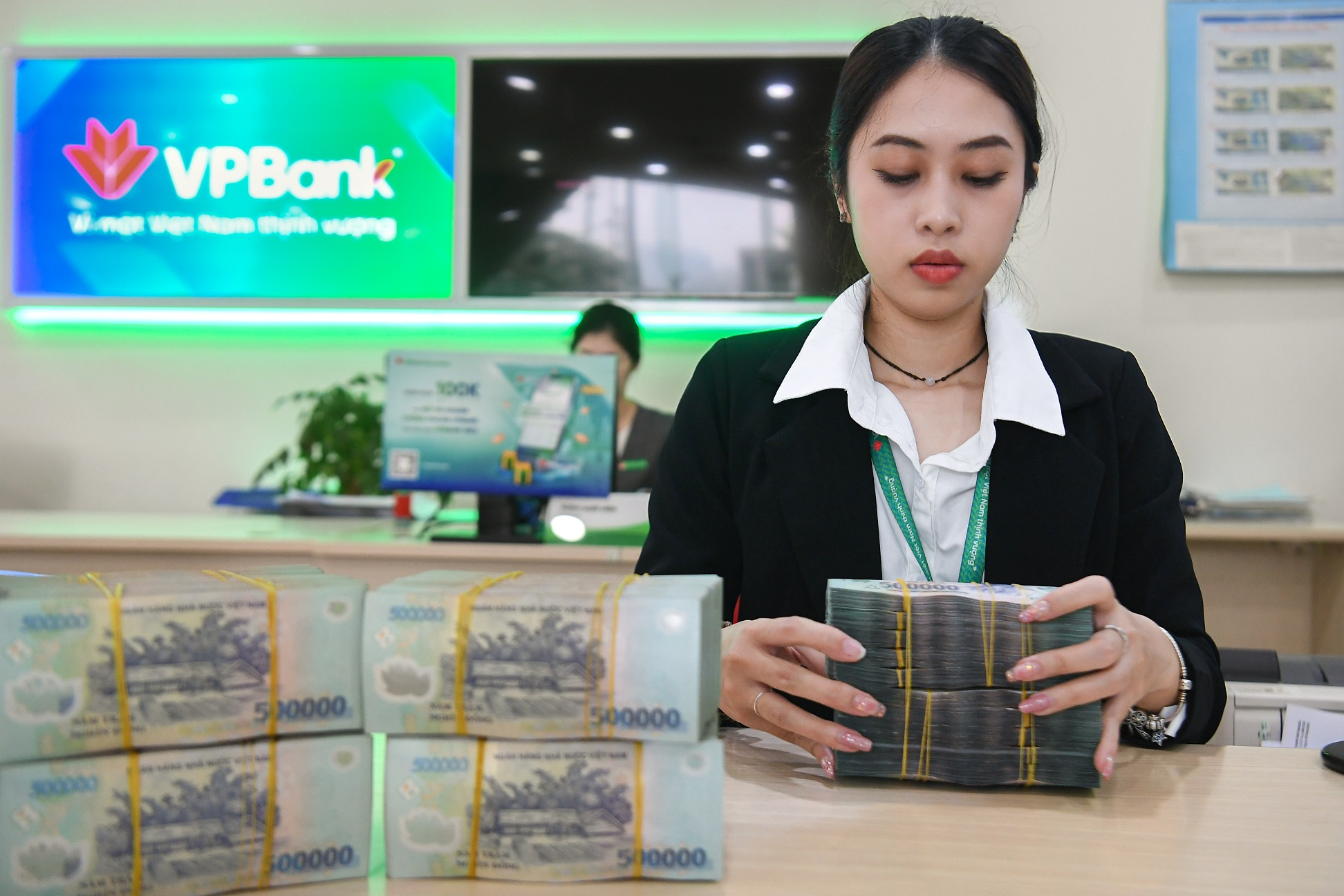
“Vietnamese banks are trading at an average 2022 P/BV of 1.3x and 2020 P/BV of 1.1x, which represents a steep discount to the banks’ profitability.”
Source








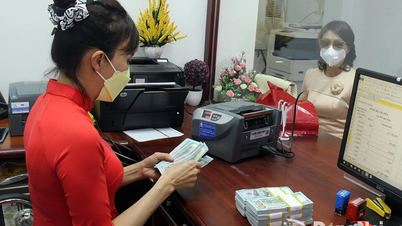



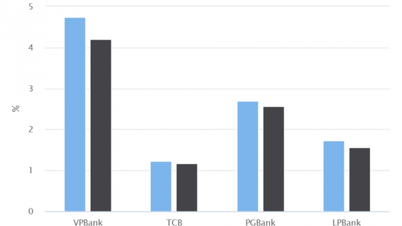

























![[Photo] Central Propaganda and Mass Mobilization Department meets with exemplary journalists](https://vphoto.vietnam.vn/thumb/1200x675/vietnam/resource/IMAGE/2025/6/21/9509840458074c03a5831541450d39f8)















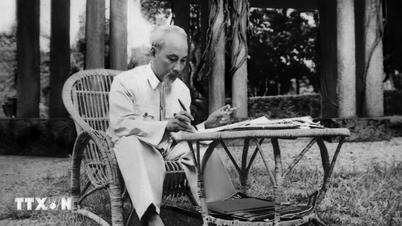




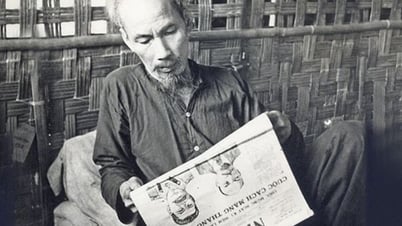




![[Maritime News] Wan Hai Lines invests $150 million to buy 48,000 containers](https://vphoto.vietnam.vn/thumb/402x226/vietnam/resource/IMAGE/2025/6/20/c945a62aff624b4bb5c25e67e9bcc1cb)




































Comment (0)